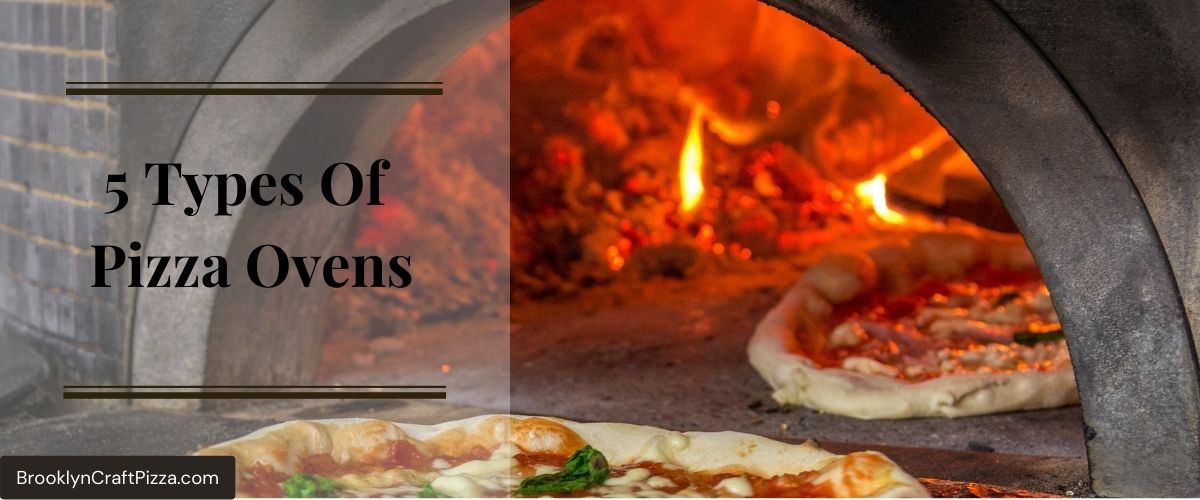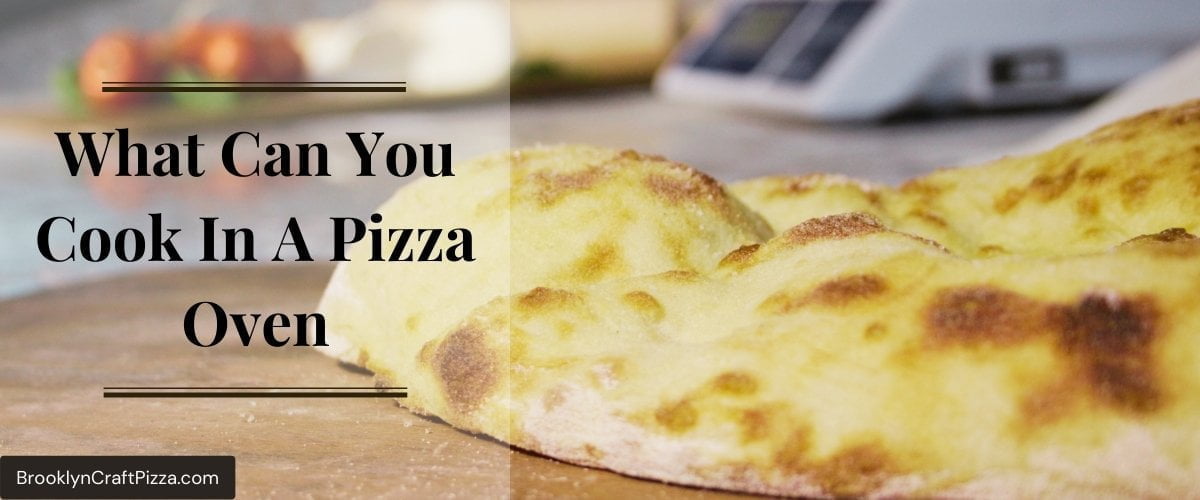A colonoscopy is a common medical procedure that is used to examine the inside of the colon. After the procedure, patients are typically advised to avoid eating for a period of time. However, some people may wonder if they can eat pizza after a colonoscopy.
Checkout this video:
Introduction
Colonoscopies are a routine medical procedure that helps doctors detect and prevent colon cancer. After the procedure, patients are typically advised to stick to a bland diet for a day or two, before gradually reintroducing solid foods. So, can you eat pizza after a colonoscopy?
Pizza is usually off-limits after a colonoscopy because it is a high-fat food that can cause indigestion and abdominal pain. Additionally, pizza is often loaded with salt and other unhealthy ingredients like processed meat and cheese, which can worsen symptoms like bloating and gas. However, there are some healthier alternatives to traditional pizza that may be easier on your stomach after a colonoscopy. For example, you could try making a pizza with whole wheat crust, lean protein toppings, and lots of vegetables. Alternatively, you could order a personal size pizza with thin crust and light on the toppings. If you’re still feeling unsure, it’s always best to check with your doctor before eating anything after a colonoscopy.
What is a Colonoscopy?
A colonoscopy is a medical procedure that allows your doctor to examine the inside of your large intestine (colon) and rectum. The colonoscopy procedure is performed using a long, flexible, narrow tube called a colonoscope.
During a colonoscopy, your doctor may remove tissue samples (biopsy) for laboratory analysis or take photographs (polypectomy) of any abnormal areas. In some cases, your doctor may treat certain problems, such as bleeding or precancerous growths (polyps), during the procedure.
What are the risks of a Colonoscopy?
A colonoscopy is a diagnostic procedure that is used to examine the large intestine (colon) for any abnormal growths or polyps. The colon is cleansed of all feces prior to the procedure. This allows the doctor to get a clear view of the entire length of the colon.
During a colonoscopy, a long, thin tube with a tiny video camera on the end is inserted through the rectum and gently advanced into the colon. The camera sends real-time images of the inside of the colon to a computer monitor, allowing the doctor to closely examine the lining of the colon for any abnormalities. If any polyps are found, they can be biopsied or removed during the procedure.
A colonoscopy is generally considered a safe procedure with very few risks. The most common complication is mild abdominal pain and cramping that generally goes away within an hour or so after the procedure. In very rare cases, more serious complications such as puncture of the colon, bleeding, and infection can occur.
You should not eat or drink anything for at least 8 hours before your scheduled colonoscopy. You will likely be asked to follow a clear liquid diet for 1-2 days before the procedure as well. This will help ensure that your bowel is clean and free of stool so that your doctor can get a clear view during the procedure.
After your colonoscopy, you will be monitored for 30-60 minutes in a recovery area before being discharged home. You should not drive or operate heavy machinery for at least 24 hours after your procedure as you may still be under the effects of anesthesia.
It is important to follow your doctor’s instructions regarding diet and activity after your procedure. You may be able to eat and drink normally immediately after your colonoscopy, or you may be advised to follow a special diet for a day or two. Be sure to ask your doctor about when you can resume your normal activities and diet after your procedure
How long after a Colonoscopy can I eat?
It is generally recommended that you wait at least six hours after a colonoscopy before eating solid food. This gives your body time to recover from the procedure and to heal any incisions that were made. You may feel some discomfort during this time, but it is usually mild and can be alleviated with over-the-counter pain medication.
What should I eat after a Colonoscopy?
After a colonoscopy, you may feel bloated and have cramps due to the air introduced into your colon during the procedure. For the first day or so, stick to clear liquids like water, broth, unsweetened juices, and sports drinks. The day after your colonoscopy, you can start to add solid foods back into your diet. Start with bland, easy-to-digest foods like toast, rice, and crackers. You can also eat non-기타리콜 fruits and vegetables like bananas, carrots, and potatoes. Once you’re feeling better and your bowel movements are regular again, you can start eating your normal diet.
What should I avoid after a Colonoscopy?
After a colonoscopy, you may be given specific instructions about what you can and cannot eat or drink. These instructions will depend on the type of procedure you had and your doctor’s preference. In general, you should avoid eating solid foods for the first few hours after the procedure. Once your doctor gives you the okay, you can slowly start to introduce solid foods back into your diet.
You should also avoid drinking alcohol for at least 24 hours after a colonoscopy. Drinking alcohol can increase the risk of bleeding at the site where the colonoscope was inserted. If you had a biopsy or polyp removal during your colonoscopy, it’s especially important to avoid drinking alcohol since it can further irritate the area and delay healing.
What are the side effects of a Colonoscopy?
Most people report only minor discomforts after a colonoscopy.These may include bloating, cramping, gas, and feeling tired. These usually go away quickly. Some people have more serious side effects. These may include:
-Damage to the bowel from the instruments used during the procedure.
-Reactions to the sedatives given during the procedure.
-Infection.
– Bleeding from biopsies or removal of polyps.
– Puncture of the colon wall (perforation).
If you experience any of these side effects, be sure to contact your doctor right away.
How can I reduce the side effects of a Colonoscopy?
A colonoscopy is a medical procedure that allows your doctor to examine the inside of your large intestine (colon) and rectum. During a colonoscopy, your doctor may also take biopsies (tissue samples) or remove polyps (abnormal growths).
After a colonoscopy, you may experience some side effects, such as bloating, gas, cramping, and diarrhea. These side effects are usually mild and temporary. However, there are some things you can do to reduce the side effects of a colonoscopy, such as:
-Drink plenty of fluids: This will help to flush the toxins out of your system and hydrate your body.
-Eat high-fiber foods: Fiber helps to bulk up your stool and makes it easier to pass. Good sources of fiber include fruits, vegetables, whole grains, and beans.
-Avoid dairy products: Dairy products can contribute to diarrhea and should be avoided for at least 24 hours after your procedure.
-Avoid spicy foods: Spicy foods can aggravate the lining of your intestine and should be avoided for at least 24 hours after your procedure.
-Take over-the-counter medications: If you are experiencing pain or cramping, you can take over-the-counter medications, such as ibuprofen or acetaminophen. If you are constipated, you can take a stool softener or laxative (as directed by your doctor).
When should I see a doctor after a Colonoscopy?
It’s normal to have some discomfort after a colonoscopy, such as gas or bloating. You may also have a feeling of fullness, or mild cramping. These side effects are usually short-lived and will resolve on their own. If you have severe pain or bleeding, contact your doctor right away.
In most cases, you can eat and drink after a colonoscopy without any problem. Your doctor will likely give you specific instructions based on your procedure. In general, you should be able to eat solid foods the day after your colonoscopy. You may need to stick to a bland diet for a day or two until any discomfort has passed. After that, you can slowly resume your normal diet.
Pizza is generally safe to eat after a colonoscopy, as long as it doesn’t contain any spicy peppers or other irritants. You may want to avoid messy foods like pizza for the first day or two after your procedure, however, just to keep things clean and avoid any irritation.
Conclusion
If you’re wondering “can I eat pizza after a colonoscopy?”, the answer is yes – in moderation. Eating a Large Pizza or lots of greasy, fatty foods immediately after your colonoscopy can cause diarrhea and intestinal discomfort, so it’s best to stick to lighter fare. However, there’s no need to go on a special diet or worry about what you can and can’t eat. Just listen to your body and eat whatever sounds good.



